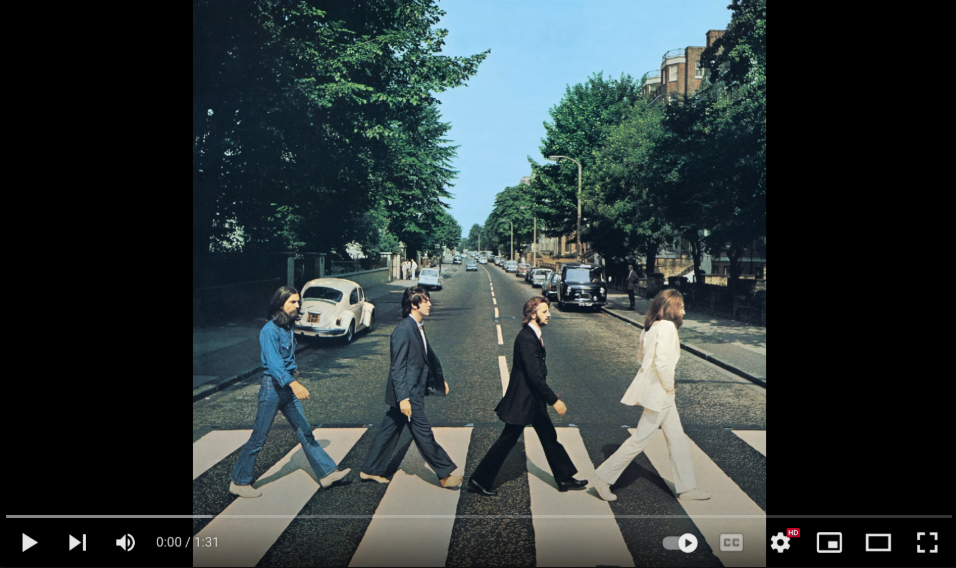Listen to the Beatles song “Golden Slumbers.”
The following activities and questions are designed to help your students use their noticing skills to move through the poem and develop their thinking skills so they understand its meaning with confidence, using what they’ve noticed as evidence for their interpretations. Read more about the framework upon which these activities are based.
-
Warm-up: (Teachers, as students enter class, give them a notecard or small piece of paper with either the word “once” or “now” written at the top.) On your notecard, finish this line “Once ...” or “Now …” Read your example to your classmates. Share any patterns you noticed.
-
Before Reading the Poem: Listen to the Beatles song “Golden Slumbers.” As you listen, what words or phrases from the song stand out? Why? What emotions does the song make you feel? Why? You may also choose to draw or sketch as you listen. If you do, share what you drew or sketched and what was on your mind as you listened to the song.
-
Reading the Poem: Silently read the poem “Once” by Tove Ditlevsen, translated from the Danish by Jennifer Russell and Sophia Hersi Smith. What do you notice about the poem? Note any words or phrases that stand out to you or any questions you might have.
-
Listening to the Poem: Enlist two volunteers and listen as the poem is read aloud twice. Write down any additional words and phrases that stand out to you.
-
Small Group Discussion: Share what you noticed about the poem with a small group of students. Based on the details you just shared with your small group, how does the poem connect to the resources from the beginning of class? What do you think about the speaker’s relationship with the mother? Why?
-
Whole Class Discussion: How do the first two stanzas compare to the last two stanzas? How does the poem shift between the past and present? How does the blending of concrete and abstract nouns inform your understanding of the poem? Why?
-
Extension for Grades 7-8: Find a partner or small group. Work together to create a list of concrete and abstract nouns. Swap your list with another partner or small group. Then, work together to write a poem or piece of writing that balances the two. Share your writing with the class. What did this poem and exercise teach you about language and/or writing?
-
Extension for Grades 9-12: Try writing a poem that uses the words “once” and “now” from the poem. How might your piece blend the past and the present? Share your writing with the class. How might poetry be a beacon to the past and the present?
“A concrete noun is a noun that refers to a physical thing, person, or place—something or someone that can be perceived with the five senses (touch, hearing, sight, smell, and taste). Examples include pencil, dog, Timbuktu, and Patricia. Concrete nouns are contrasted with abstract nouns, which are words such as politeness describing concepts that you can’t perceive directly with the senses.” Read more about concrete and abstract nouns.
Speaker: the voice of the poem, similar to a narrator in fiction.

